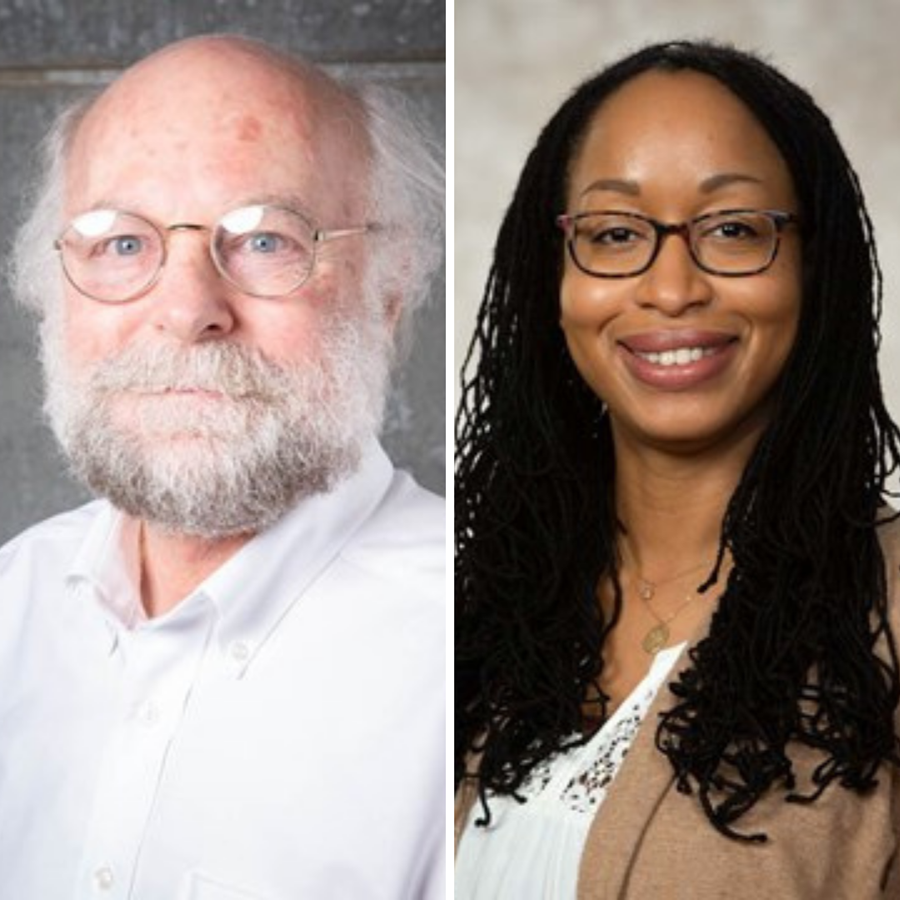The U of A Speech and Hearing Clinic will offer new therapy services for adults starting Aug. 23, including specialized programs for swallowing difficulties, vocal rehabilitation and accent modification.
Student clinicians will be assisted and supervised by speech-language pathologists who are licensed and certified by the American Speech-Language-Hearing Association.
Swallowing Concerns
The national organization reports that 1 in 25 adults experience swallowing difficulty every year.
Signs of swallowing problems may include complaints of pain, a sensation of food "sticking" in the throat, excessive coughing while eating or even unintentional weight loss. These issues can affect an individual's quality of life and overall health, said Jessica Danley, clinical education coordinator and clinical educator at the U of A Speech and Hearing Clinic.
"Our academic coursework and clinical training prepares student clinicians to enter hospitals and other healthcare positions with a firm understanding of current best practices and the ability to think critically through medically complex conditions that affect swallowing skills," she said.
Students gain hands-on experience with specialized diagnostic equipment and develop structured exercise-based treatment plans to help adults eat safely and comfortably. Individuals who may benefit from swallowing therapy services include those with a history of neurologic conditions like stroke, Parkinson's disease or a traumatic brain injury, Danley said.
Therapy for the Aging Voice
Student clinicians will also assist in providing uniquely designed vocal rehabilitation techniques to older adults experiencing presbyphonia, otherwise known as "the aging voice."
It's common for people to experience a natural decline in vocal abilities as they age, but it can negatively affect the daily communication of active older adults. It's important to sustain vocal endurance when delivering a presentation, projecting one's voice across a theater stage or speaking to family members over the phone.
The U of A clinic offers adult voice therapy patients to participate in a structured and intensive rehabilitation program designed to improve vocal longevity.
What is Accent Modification?
Accents are a natural part of spoken language and are not a speech or language disorder. Since accents are marked by our regional variations in speech production, we all have one, Danley said. However, speakers with strong accents may seek help from a licensed speech-language pathologist for assistance with building clearer communication skills. The process of changing or adjusting an accent is known as accent modification.
The goal of this collaborative service is to improve intelligibility and communicative effectiveness for oral English pronunciation, Danley said. "We tailor our program to meet the unique needs of business executives, university professors, graduate teaching assistants, medical professionals and others seeking help in this area," she said.
Larry Aslin, M.A. CCC-SLP, will be leading the accent modification program this fall at the U of A Speech and Hearing Clinic. He earned a Bachelor of Arts degree in Speech and Dramatic Arts from the University of Missouri-Columbia in 1970, and a master's degree in Speech Pathology-Audiology from the University of Missouri-Columbia in 1973.
Jessica Danley, M.S. CCC-SLP, CBIS, will be leading the swallowing and voice therapy programs at the clinic. She earned her Bachelor of Arts in Communication Sciences and Disorders from the University of North Texas in 2006, and a master's degree in Speech & Hearing Sciences from Tennessee State University in 2009.
To learn more about these services or to schedule an appointment, call the clinic at 479-575-4509 or email Courtney Vaughn at spclinic@uark.edu.
Topics
Contacts
Courtney Vaughn, fiscal support analyst
Rehabilitation, Human Resources and Communication Disorders
479-575-4509, spclinic@uark.edu
Shannon Magsam, director of communications
College of Education and Health Professions
479-575-3138, magsam@uark.edu
